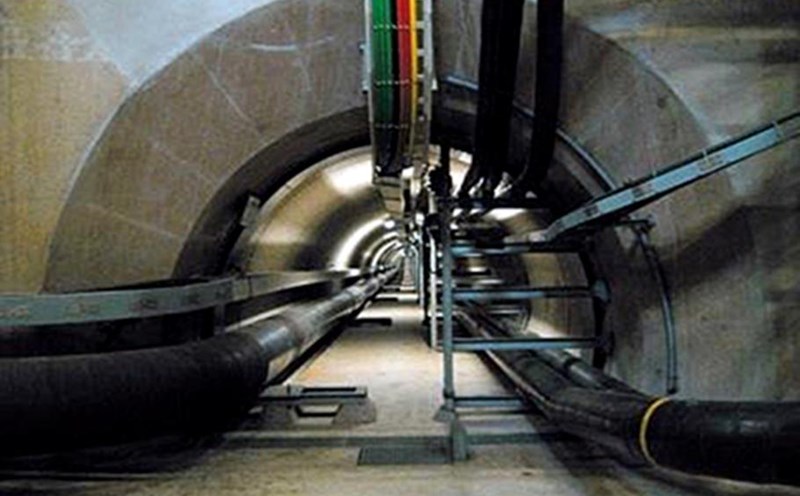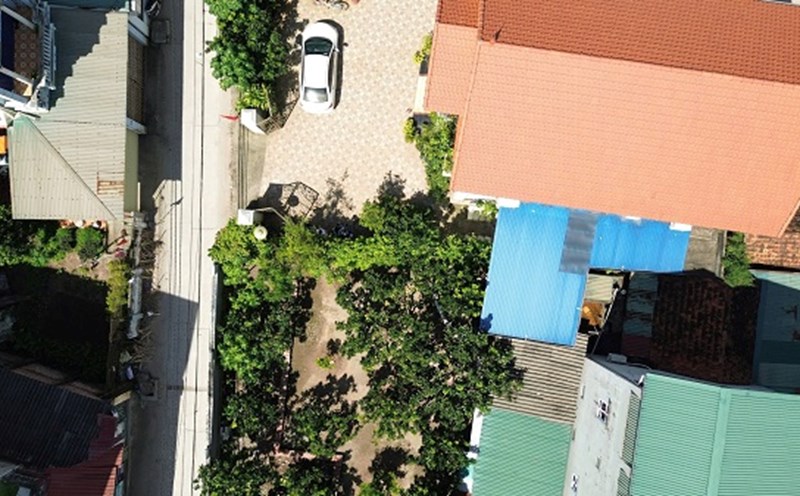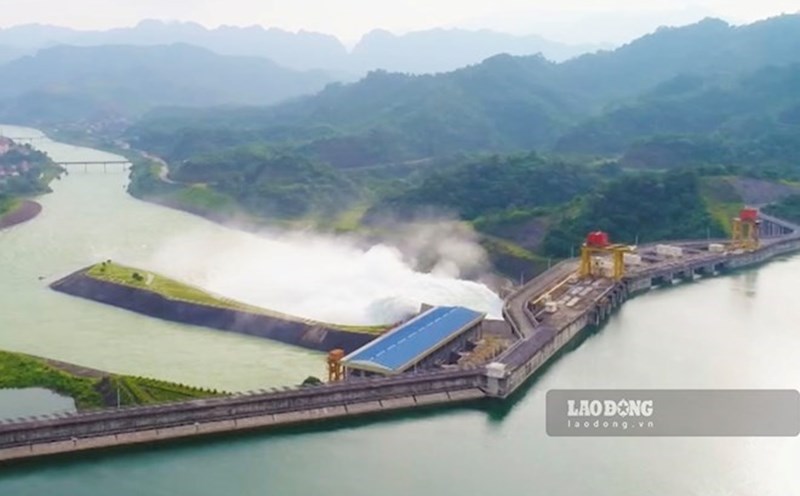Mr. Tran Hoang Son, Director of Market Strategy, VPBank Securities JSC: Daily transaction value may increase to 2-3 billion USD

The upgrade from the frontier market to the emerging market according to FTSE Russell helps Vietnam integrate more deeply into the global financial system.
First of all, the most obvious impact is the strong increase in foreign investment flows. Based on the assumption that all stocks in the Vietnam FTSE index will be included in the FTSE emerging market index, we estimate that the value of passive and proactive capital flows into the Vietnamese market will reach about 3 - 7 billion USD in the period after the decision to upgrade takes effect (of which 1.5 billion USD from passive funds). If Vietnam accounts for 0.5% of the emerging market index, the total estimated assets from active funds will be 5 times higher than those from ETF funds - according to FTSE.
The upgraded market will also help improve liquidity and market efficiency. Eliminating the pre-funding requirement will encourage institutional investors to participate. This could help the market increase the value of daily transactions to 2-3 billion USD, making the market more liquid, developing more stably and reducing volatility.
The stock market upgrade helps Vietnam enhance its image and economic position in the region, increase attraction to large investors (such as pension funds and ETFs), while strengthening its position in international trade negotiations and attracting higher-quality FDI.
Larger capital flows will support businesses to promote IPO activities, increase new listings to increase the amount of goods for the market and expand the scale of capitalization. The stock market will become a more effective capital mobilization channel, contributing to the GDP growth target of over 8% in 2025 and double digits from 2026-2030. This is also a boost to help businesses promote reforms, improve operating standards and also help improve corporate governance capacity.
Overall, upgrading not only brings financial benefits but also promotes structural reform, helping Vietnam move closer to the high-income target by 2045.
Mr. Huynh Anh Huy, Director of Analysis, Kafi Securities JSC: Upgraded to pave the way for the process of integrating with international standards

I still hope that after the upgrading announcement, the Vietnamese stock market will continue to increase thanks to three factors: Domestic speculative cash flow, foreign cash flow returning to net buying and the positive sentiment of domestic investors in the context of a stable macro economy. Along with that, securities companies are in the process of increasing capital, helping to increase margin's scale, supporting liquidity in the market.
According to statistics, after the official upgrading took effect, many markets recorded an adjustment period when speculative cash flow took profits. On average, within 1 year after the upgrade, their index often decreases, but when capital flows from large investment funds begin to disburse again, the market stabilizes and enters a new growth cycle.
Overall, from the announcement period to 1 year after taking effect, the net increase of upgraded markets usually reaches about 10%. Therefore, the upgrading is still a positive signal, a turning point for the Vietnamese stock market.
Mr. Nguyen Quang Huy, CEO of the Faculty of Finance - Banking, Nguyen Trai University: Comprehensive transformation is needed

The upgrade will open up opportunities for the Vietnamese capital market, but to turn potential into a leading position, the Vietnamese stock market needs a comprehensive transformation. That is the journey of synchronous development in both breadth (products, businesses) and depth (management, institutional investors), turning transparency into a competitive advantage and building a sustainable capital ecosystem.
Rising above the upgrade story, the Vietnamese stock market is facing the opportunity to transform naturally, from a perfecting playground to a most modern, transparent and dynamic financial ecosystem in the region.
This is no longer a "recognized" story but an aspiration to "ledge" - about growth rate, new standards and capital impact in the region. Strategic thinking at this stage does not stop at "meeting international standards", but must reach the formation of new standards, where Vietnam not only follows but also leaves its own mark on efficiency and coverage in financial development.











